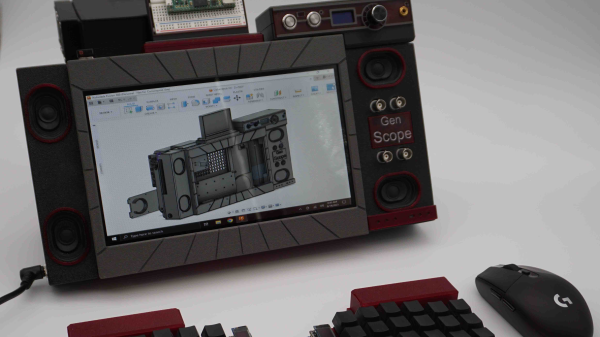[Mukesh Sankhla] has been tinkering in the world of Point of Sale systems of late. His latest creation is a simple, straightforward kiosk system, and he’s open sourced the design.
The Latte Panda MU single-board computer is at the heart of the build, handling primary duties and communicating with the outside world. It’s hooked up to a touchscreen display which shows the various items available for purchase. As an x86 system, the Latte Panda runs Windows 11, along with a simple kiosk software package written in Python. The software uses Google Firebase as a database backend. There’s also an Xiao ESP32 S3 microcontroller in the mix, serving as an interface between the Latte Panda and the thermal printer which is charged with printing receipts.
It’s worth noting that this is just a point-of-sale system; it executes orders, but doesn’t directly deliver or vend anything. With that said, since it’s all open-source, there’s nothing stopping you from upgrading this project further.
We’ve featured other interesting point-of-sale systems before; particularly interesting was the San Francisco restaurant that was completely automated with no human interaction involved Continue reading “Building An Open Source Point Of Sale System”












